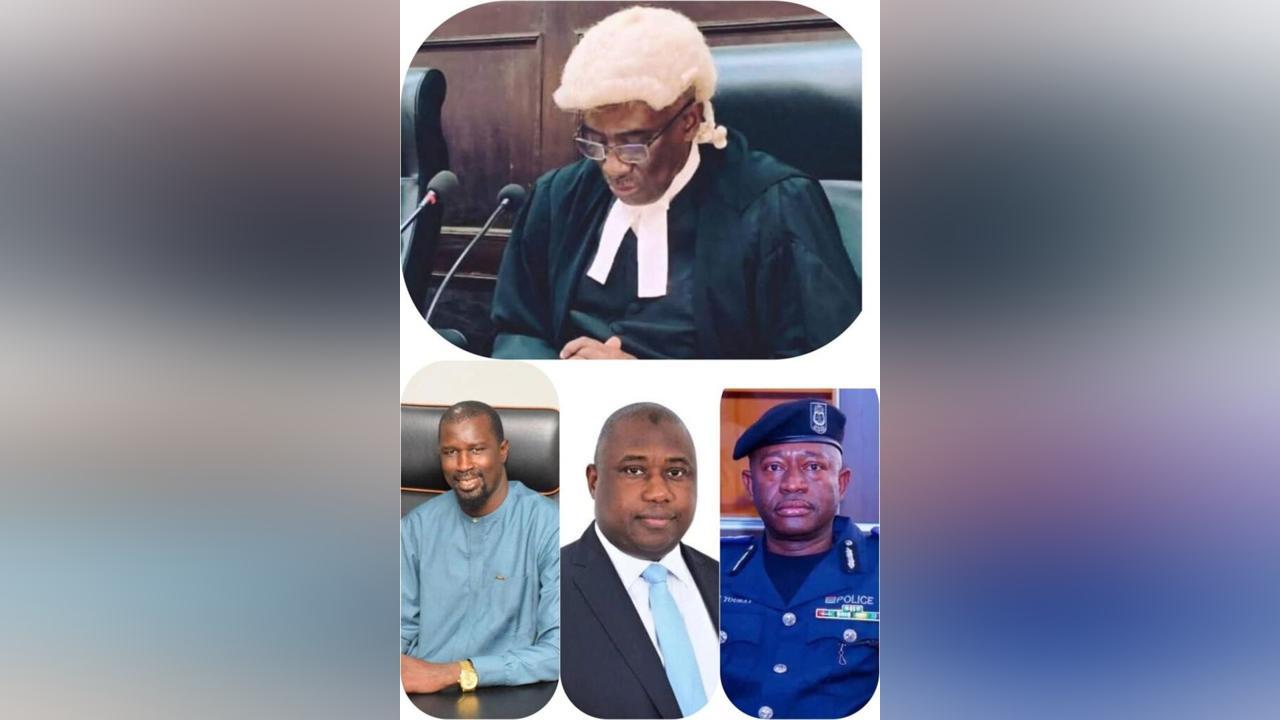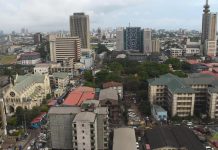Africa-Press – Gambia. The legal showdown between former Auditor General Modou Ceesay and the State has deepened, as both sides clash over procedural issues before the Supreme Court. Ceesay has filed a response to the State’s Notice of Objection, which seeks to strike out his Reply to the Defendants’ Statement of Case.
Ceesay is contesting what he describes as his forceful and unlawful removal from office. He is invoking the Supreme Court’s original jurisdiction under the 1997 Constitution and the National Audit Office Act, 2015, in a suit against the Attorney General, the Inspector General of Police, and Cherno Amadou Sowe.
The latest dispute centres on the state’s attempt to strike out the Plaintiff’s Reply dated 10 November 2025. The State’s Notice of Objection, filed on 12 November 2025 by the Solicitor General on behalf of the Attorney General and the Inspector General of Police, argues that the Reply is procedurally improper and should not be entertained.
The State advances four key arguments:
No Legal Basis for Filing the Reply: The Solicitor General argues that the Supreme Court Rules do not provide for the filing of a “Reply to Defendants’ Statement of Case.”
Introduction of New Issues: The State contends that the Reply introduces matters that are neither necessary nor permissible at this stage of the proceedings.
Absence of a Verifying Affidavit:
Citing Rules 46(2)(a) and 48(2)(a) of the Supreme Court Rules, the State argues that every Statement of Case must be accompanied by a verifying affidavit—an alleged requirement the Plaintiff did not meet.
Challenge to Paragraph 19:
The State describes paragraph 19 of the Reply—spanning nearly two pages—as “unclear, irrelevant, and difficult to respond to,” urging the Court to strike it out.
In his Brief of Argument filed on Ceesay’s behalf, Counsel Lamin J. Darbo forcefully opposes the state’s application, calling it “frivolous and utterly lacking merit.”
On procedural grounds, Counsel Darbo argues that a verifying affidavit is not required for a Reply, as the Reply is not a new Statement of Case but a direct response to the defendants’ narrative. He maintains that the state’s interpretation of Rules 46(2)(a) and 48(2)(a) is misplaced and cannot be sustained by a literal reading of the provisions.
On the allegation of introducing new matters, Counsel Darbo insists the Reply only addresses issues raised by the defendants and does not introduce new claims. He argues the Reply is necessary “to place the full facts before the court for a just determination of the case,” particularly where the defendants issued broad denials.
Addressing the contested paragraph 19, Darbo explains that it directly responds to paragraph 25 of the Defendants’ Statement of Case, where the State denied that the President sent anyone to “beg the Plaintiff for anything.” He concedes the paragraph is lengthy but says it is “self-contained” and deals with a critical issue central to understanding the Defendants’ conduct.
Counsel Darbo also defends the competence of Seedy Keita to swear an affidavit, citing his direct involvement in events leading to Ceesay’s removal.
Ceesay’s lawsuit stems from his disputed removal from office after he publicly declined a ministerial appointment offered by the President. He contends that the Attorney General and the IGP acted unlawfully by directing police officers to forcibly eject him from the National Audit Office, in violation of the 1997 Constitution and the National Audit Office Act, 2015.
The State disputes this account, arguing that Ceesay effectively vacated his position by accepting the ministerial nomination.
The Supreme Court’s procedural ruling is expected to shape the trajectory of one of the most closely watched constitutional cases in recent years.
For More News And Analysis About Gambia Follow Africa-Press






